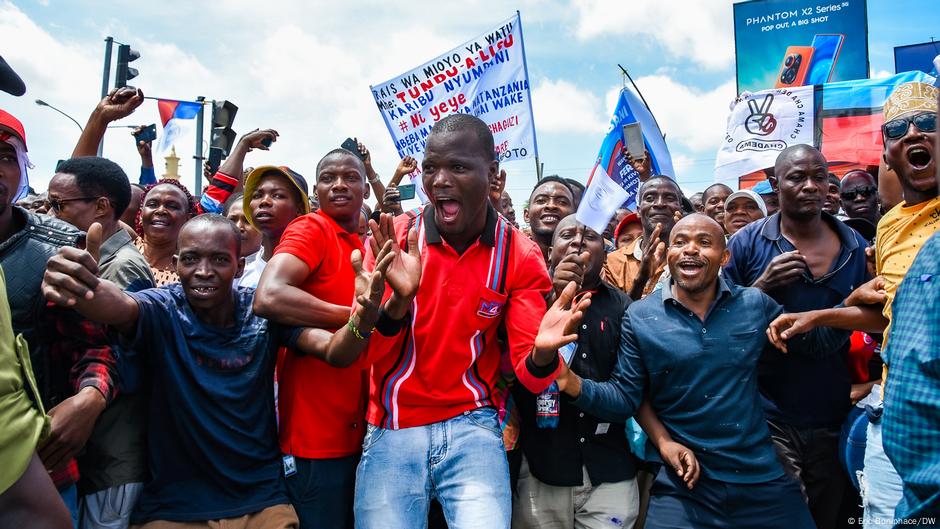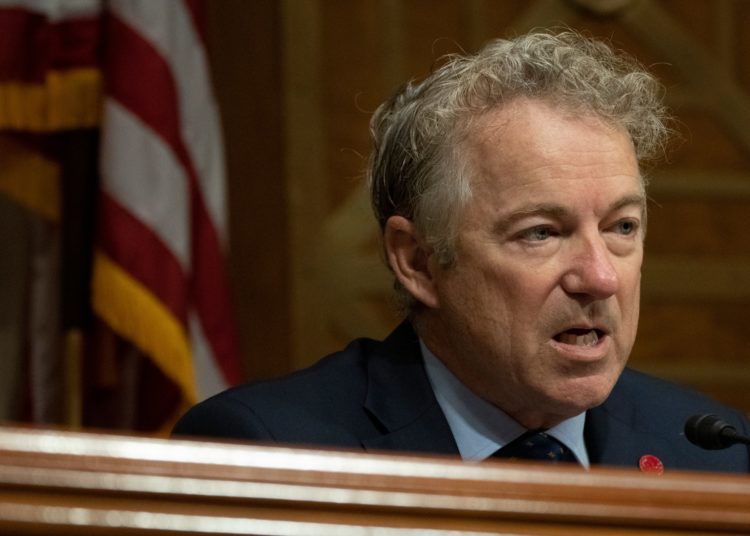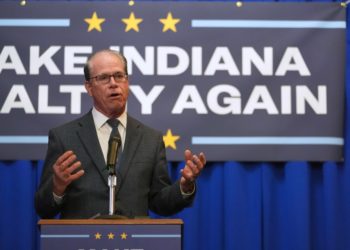Tanzania’s largest opposition force, Chadema, is , citing a demand for fundamental electoral reforms.
Meanwhile, Luhaga Mpina, the presidential candidate for the second-largest opposing party, the Alliance for Change and Transparency (ACT-Wazalendo), has been disqualified by the Independent National Electoral Commission.
Smaller registered parties exist, but historical data shows they than 5% of the vote.
Consequently, genuine political competition seems to be at an all-time low, raising questions about the future of the opposition as well as the direction of democracy in Tanzania.
“In this election, the ruling CCM [Chama Cha Mapinduzi] is competing against less powerful parties,” Luqman Maloto, a Dar es Salaam-based political analyst, told DW. “Looking at the campaign scenes, some of these parties aren’t even capable of holding rallies. It’s as if CCM is going unopposed.”
Erosion of political competition
The main opposition’s absence has ignited a national debate over its role. In previous years, these parties were crucial in strengthening parliamentary debates, questioning government performance and raising alternative policy arguments.
“Never before in its 30 years of multiparty democracy has witnessed such a situation,” said Khalifa Said, founder of the independent online media platform, The Chanzo.
“It’s an unexpected and unusual situation in a multiparty system, one that deprives citizens of their right to elect people they want in public offices,” he told DW. Said predicts opposition politicians will use this moment to remind the public that the nation’s founders never intended for such an outcome when restoring the multiparty system.
The opposition’s strength was evident in the 2015 election when parties united under the Coalition for the People’s Constitution. However, that unity proved unsustainable. A combination of rising political tensions, a restrictive electoral environment and the weakening of political competition have since eroded the opposition’s standing.
Said acknowledged the ruling CCM has leveraged its “unlimited powers in the political structure” to maneuver the political landscape in its favor, yet argued this hasn’t eliminated the underlying threat posed by the opposition.
“This isn’t the first time. When [Tanzania’s fifth president] John Magufuli came into , he took against the opposition. But in the 2020 election, he was surprised by how Chadema candidate Tundu Lissu managed to rally massive support across the country,” he said.
Lissu and the ‘No Reforms, No Election’ campaign
Lissu, the current head of Chadema, is to his “No Reforms, No Election” campaign, which the government claims was intended to cause chaos. Lissu and his party maintain that despite the election body’s new name — the Independent National Electoral Commission — the appointment of electoral leaders and the conduct of elections remain heavily influenced by the government.
Mass mobilization campaigns are circulating on social media, urging protests on election day, October 29, to heed Lissu’s call to “stop this election.” However, some political analysts have questioned whether Tanzanians will risk mass action, based on past government responses.
“The electoral process is now irreversible. Instead of stopping the election, Tanzanians will likely vote on October 29,” said Luqman Maloto.
“However, the likely winner, incumbent Samia Suluhu Hassan, will have to remember that Tanzania is one country, and political differences must not be allowed to divide the nation.”
The opposition has long complained of the state using its instruments to control their activities. Arrests, meeting bans and close monitoring have systematically undermined political freedom and eroded public confidence in political equality.
“When people compare the victim — in this case, Chadema — and the culprit — the CCM-led government — they will show their sympathy to the opposition for all that’s been done against them. It is now up to Chadema to use that sympathy to their benefit,” said Khalifa Said, adding these very measures might be inadvertently fueling mass support for the opposition.
Different scenario in Zanzibar
While the mainland election has been stripped of major opposition participation, the semi-autonomous archipelago of Zanzibar presents a different scenario for its own parallel presidential and parliamentary polls.
There, the main opposition force is ACT-Wazalendo, and mass turnout has been visible at their rallies. Their presidential candidate, Othman Masoud, is campaigning for greater autonomy for the islands, and putting up a fierce fight against corruption and land grabbing.
The ruling party, CCM, with incumbent Hussein Mwinyi seeking his second and last term in office, is campaigning on a platform of continuity for development projects and strengthening the union with the mainland.
“So far, election campaigns have been peaceful,” said Salim Said, a veteran journalist based in Zanzibar. This peace is noteworthy, as the islands during and immediately following elections, often linked to fiercely contested results.
Edited by: Cai Nebe
The post Tanzania’s election goes ahead without major opposition parties appeared first on Deutsche Welle.




